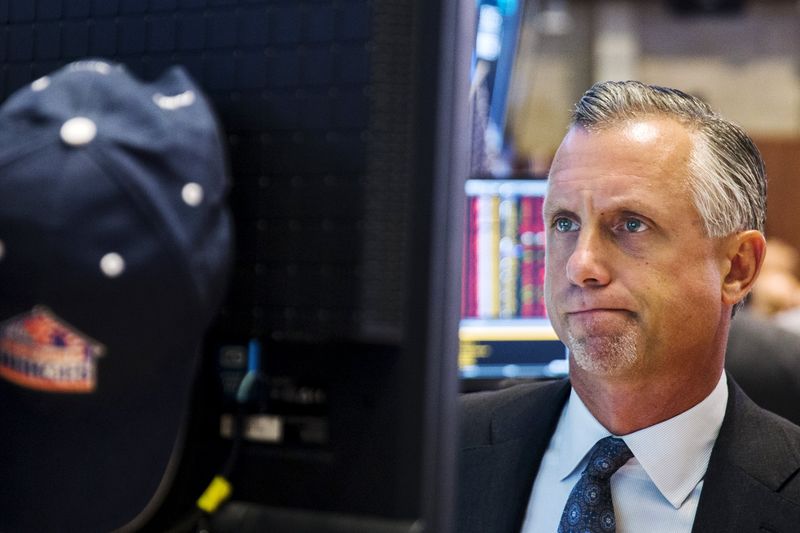Investing.com - Here are the top five things you need to know in financial markets on Monday, July 31:
1. Global stocks start the week a touch higher
Global stock markets started the week a touch higher, supported by a climb in commodity prices and better-than-expected corporate results.
Asian shares ended mostly in positive territory, buoyed by several leading companies' forecasts for strong mid-year earnings.
In Europe, strong gains among mining stocks and an HSBC(LON:HSBA)-led rally in banks lifted shares.
Meanwhile, U.S. stock futures pointed to a modestly higher open, as investors looked ahead to more earnings.
The blue-chip Dow futures indicated a gain of 49 points, or around 0.2%, the S&P 500 futures ticked up 3 points, or about 0.1%, while the tech-heavy Nasdaq 100 futures rose 13 points, or roughly 0.2%.
2. Dollar stages modest rebound off 13-month lows
The U.S. dollar staged a modest rebound from its lowest level in more than a year against a basket of the other major currencies as investors looked ahead to data later in the session for further hints on the timing of the next U.S. rate hike.
Investors will be watching out for Chicago PMI numbers due at 9:45AM ET (1345GMT), pending home sales at 10AM ET (1400GMT) and the Dallas Fed manufacturing figures at 10:30AM ET (1430GMT).
The U.S. dollar index, which measures the greenback’s strength against a trade-weighted basket of six major currencies, was at 93.35 in early trade after touching a low of 93.00 late last week, the weakest since June 2016.
3. Upbeat China data sends industrial metals flying
Industrial metals rallied after data showed that a government-led infrastructure push kept construction in China humming in July, despite a modest slowdown in the country's manufacturing sector.
The official PMI stood at 51.4 in July, the National Bureau of Statistics said, down from the previous month's 51.7 and a touch below the 51.6 forecast. However, the PMI reading on the construction sector showed a solid pickup to 62.5 in July from 61.4 in June.
Copper futures climbed 1.1% percent to $2.906 a pound, the highest in more than two years, while iron ore prices rose to their highest level in nearly four months. Other industrial metals, such as zinc, tin and lead were also higher.
China is the world's biggest consumer of metals and construction is a key driver of demand.
4. Euro zone core inflation rises, unemployment drops
Euro zone inflation was stable at 1.3% in July, but its core measure, which is closely watched by the European Central Bank, ticked up to a four-year high of 1.2%, giving the ECB more ground for tightening its monetary policy in autumn.
In a separate release, the European Union's statistics office said unemployment in the 19-country currency bloc dropped to 9.1%, its lowest level since 2009, confirming the robust recovery of the euro zone's economy.
The euro was a shade lower at 1.1730 against the dollar, but remained in striking distance of 1.1777, its strongest level since January 2015 set last week.
5. WTI oil tops $50 for first time in 2 months
Oil prices rose for their sixth straight session, with the U.S. benchmark climbing above the $50-level for the first time in two months, as investors continued to cheer signs that the global market was starting to rebalance.
U.S. crude was last at $49.74 a barrel, up 3 cents, after touching its highest since May 30 at $50.02 earlier, while Brent oil tacked on 6 cents to $52.28 a barrel.
WTI jumped $3.94, or about 8.5%, last week, while Brent rose $4.46, or roughly 9.3%, the largest such jump since early December.
